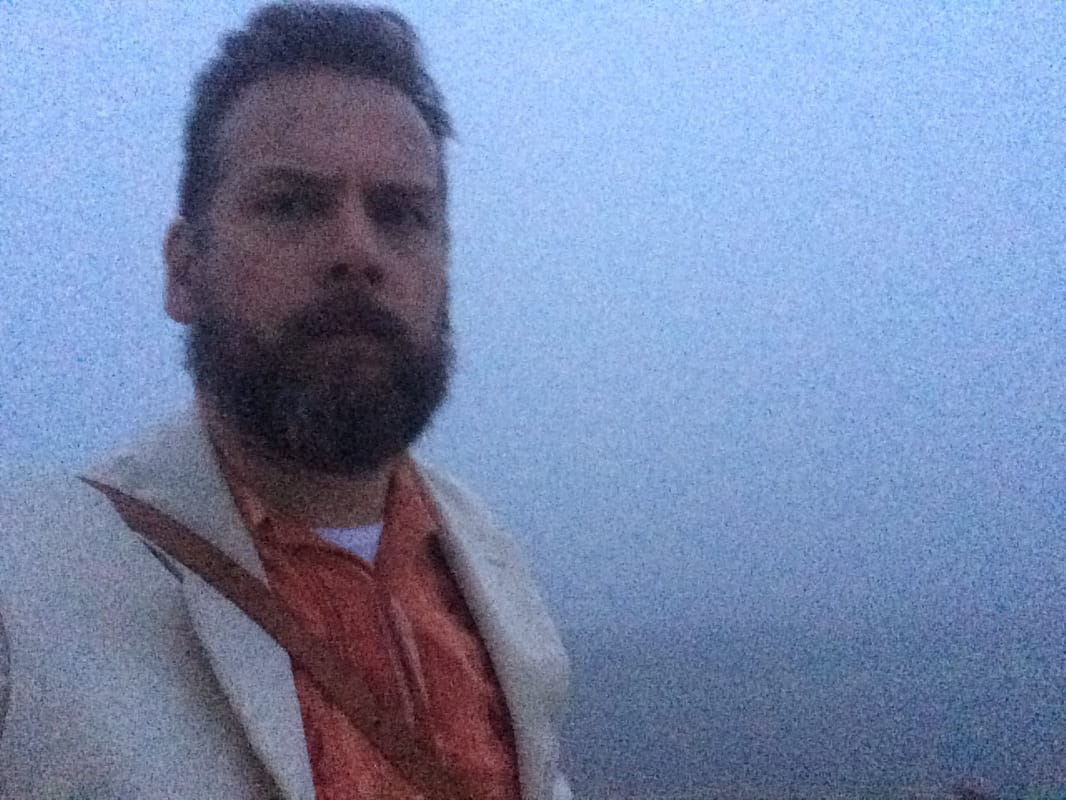|
If you've been following the SpielBlog you'll have noticed a significant gap between entries and that might be a good place to start. I was reluctant to re-watch Schindler's List for a number of reasons. To begin with it's length makes it difficult to slot it in. But more than that I was profoundly moved by the film when it first came out. I went to see it a number of times at the cinema on its original release. However, my critical sensibilities have changed since then and especially in regard to films about the Holocaust. The problem with Steven Spielberg's approach to the event has been pointed out by many such as David Mamet. He wants to make what is essentially a feel good movie, an elevating experience and if the Holocaust made poetry impossible then feel-good movies should be close behind. Even a film as immersive and stark as Son of Saul comes a cropper with narrative. The very meaning of the Holocaust is the meaninglessness of it. To ascribe a meaning is to give a value, a silver-lining that in some way justifies the cloud and Schindler's List is the cinematic equivalent of that silver-lining. From Liam Neeson's magnificent portrayal of the 'good Nazi' Oscar Schindler to Ben Kingsley's humbly heroic Itzhak Stern; from John Williams' lush score to the silvery beauty of the black and white cinematography by Janusz Kamiński, the very production values of the film make a prestige picture out of horror. That isn't to say that there aren't moments of genuine darkness - there are - but often these can be little observations, moments of Spielbergian ordinariness in the midst of the carnage - two soldiers arguing over a piece of piano music being played during the liquidation of the ghetto, the way Amon Goethe (Ralph Fiennes) smokes a cigarette while picking off camp inmates with his rifle. Ultimately, the problem is the event itself. Based on Thomas Keneally's non-fiction novel, the story of the Schindler Jews is a story of salvation. This means that the Holocaust becomes a backdrop, something that happens to other people, usually people without much dialogue and without character names - one armed man, girl in red coat. The characters who we will follow all the way through the film and who will survive are picked out very early on. Tension is built with moments of near misses and miraculous escapes: Stern on the train, the women and children being sent to Auschwitz. Spielberg is careful to then have his camera turn past his main characters and pay some kind of homage to those who didn't make it - the gold teeth in a bag; the chimney spewing smoke from the ovens. As Stanley Kubrick reportedly commented to Frederic Raphael: "Think that's about the Holocaust? That was about success, wasn't it? The Holocaust is about 6 million people who get killed. Schindler's List is about 600 who don't." Spielberg's film mirrors the moral compromise and contradictions of its main character - a Liam Neeson career best performance. It is in love with stuff, fabrics, material, food hampers, cognac, silk shirts, riding boots. It loves the light coming in religious shafts through the windows; the snow and ash that falls fro the sky and the faces in black and white. And yet it is also about the humanity of it all. It is with these moments - as stated before - that Spielberg succeeds. Just as Schindler is both attracted and repulsed by Ralph Fiennes' camp commandant Amon so is Spielberg. In fact, the film threatens to become a Tale of Two Nazis - with good Nazi Schindler battling as much for Amon's soul as for the Jews who become indicators of the relative goodness of the two men. Amon's bundled execution at the end of the picture has a strange mix of contempt, utter contempt, and pity as to make for a truly remarkable moment: a spark of something both furious and sorrowful. 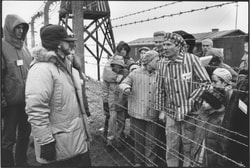 The film raised awareness of the Holocaust in a way a thousand documentaries could not. It reached popular audiences all over the world and this is undoubtedly a good thing. There is an interesting moral argument to be made. If lying about the Holocaust makes another one less likely then maybe it's justifiable. And of course Spielberg isn't lying about the Holocaust but he is framing it in a way which distorts it. Again, this is not necessarily a problem confined to Schindler's List, it has to do with any fictional treatment - narrative treatment of this unique historical episode. See Roberto Benigni's Life is Beautiful for a a far more reprehensible feel-good treatment. 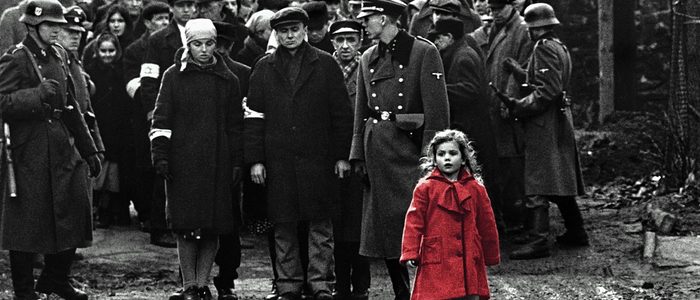 In the context of Steven Spielberg's career, this was the first of his 'serious films' to garner the widespread commercial and critical recognition that had eluded his previous efforts. The fact that it was released the same year as Jurassic Park - another peak in Spielberg the-blockbusting-entertainer's career - marked 1993 as an annus mirabilis for the director. It also undoubtedly gave him a new sense of freedom. Having treated the most delicate and difficult project of his career, there was nothing - no subject - that Spielberg would feel was beyond him. He had won the respect of his peers and his heroes. Stanley Kubrick abandoned his own Holocaust movie The Aryan Papers upon seeing Schindler's List. The film also gave him his first Best Director Oscar and his only Best Picture trophy. Perhaps the most compelling indicator that Spielberg had reached an apotheosis was the fact that he didn't direct another picture for four years, the longest gap of his career.
0 Comments
Leave a Reply. |
AuthorJohn Bleasdale is a writer. His work has appeared in The Guardian, The Independent, Il Manifesto, as well as CineVue.Com and theStudioExec.com. He has also written a number of plays, screenplays and novels. Archives
March 2019
|
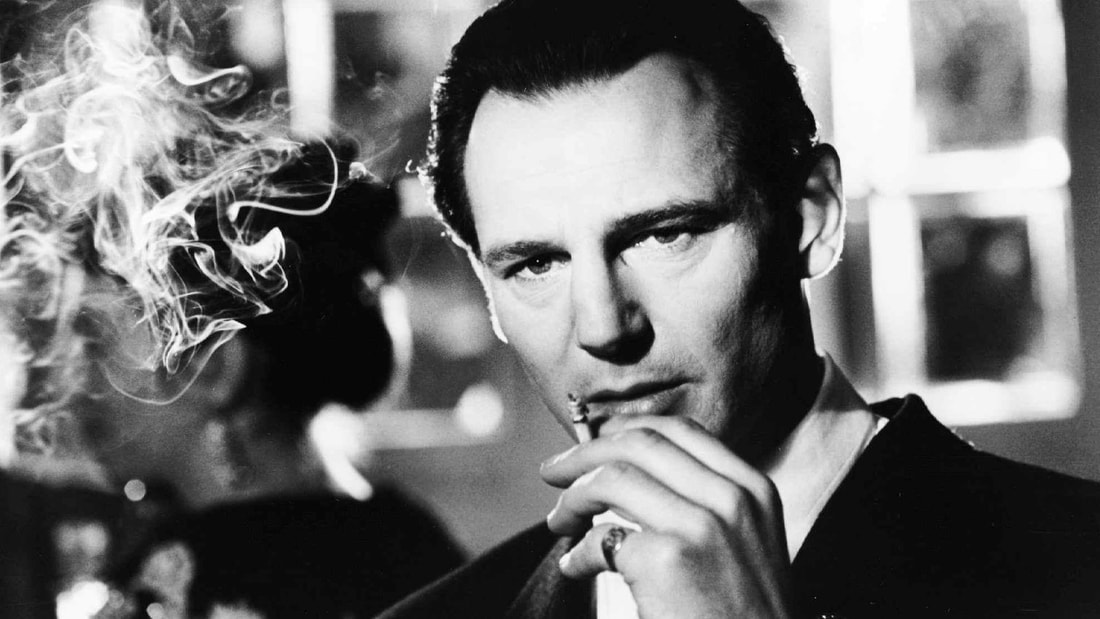
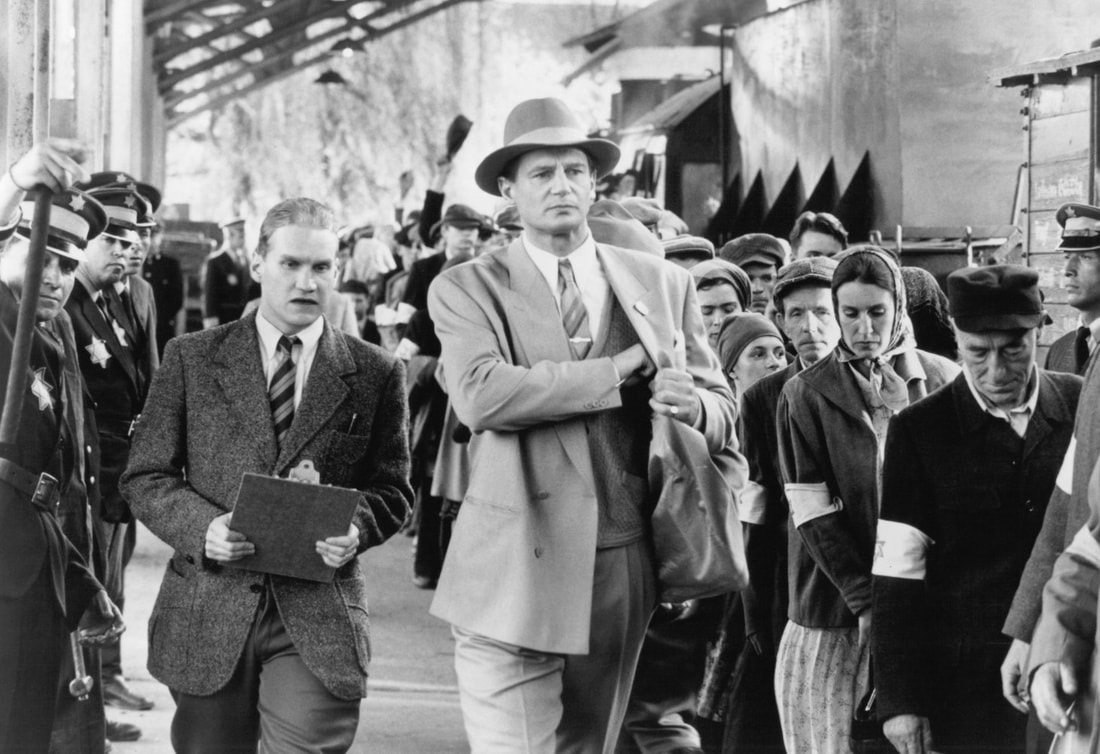
 RSS Feed
RSS Feed
